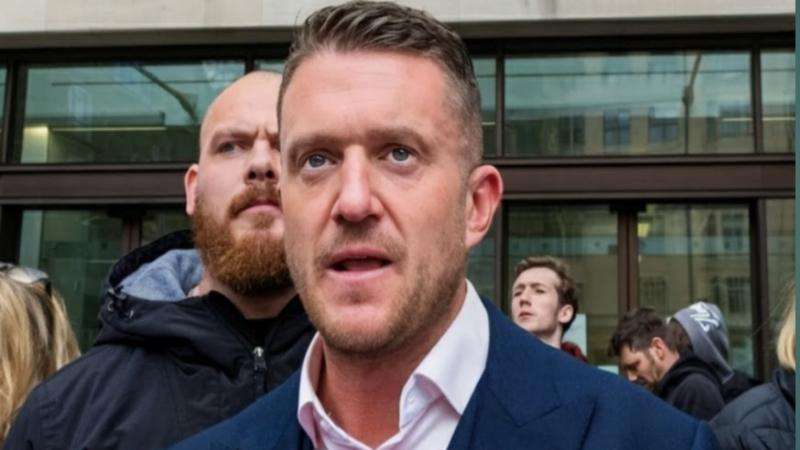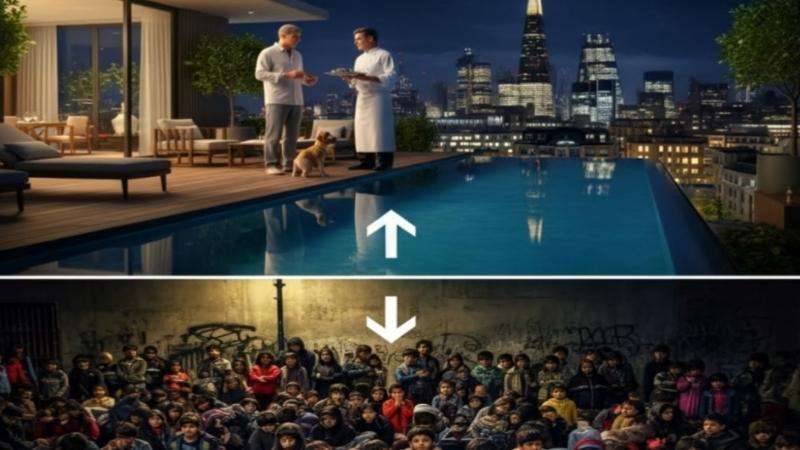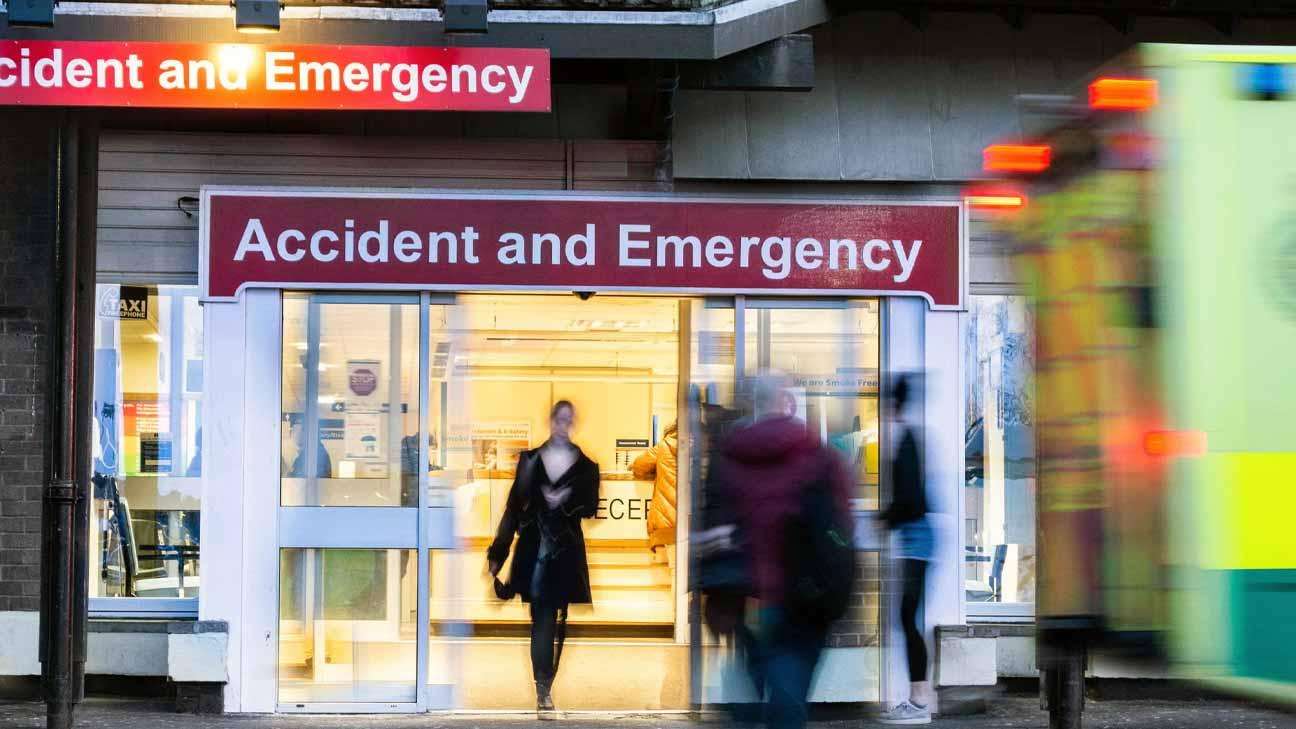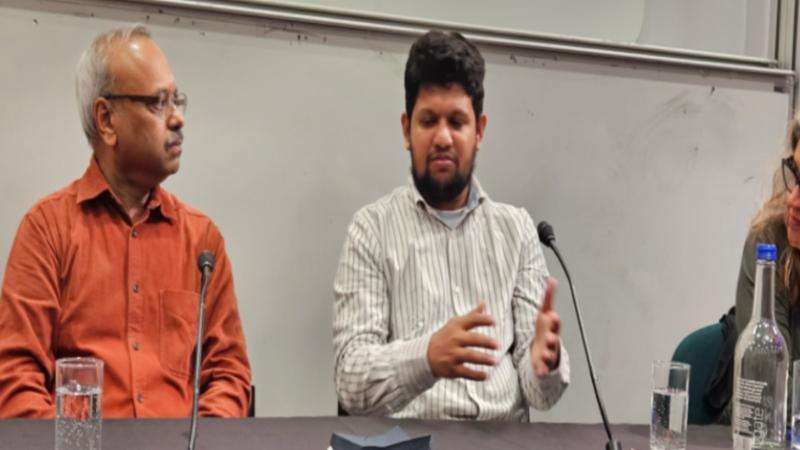Children as young as nine who are detained under the Mental Health Act are often ending up in NHS accident and emergency departments under police supervision, instead of being taken to specialist mental health assessment suites.
Although the use of police cells for such detentions was banned in England and Wales in 2017, the shortage of appropriate facilities has left A&E departments as the main alternative.
Research due to be presented at the British Sociological Association conference at Northumbria University shows that between 2017 and 2021, 187 children aged nine to 18 were detained under the Act in a single northern constituency. Three-quarters of them were taken to A&E, where they could legally be held for up to 24 hours under police watch until assessed. Only older teenagers, typically 16 and above, were more likely to be placed in specialist units staffed by trained mental health professionals.
The study’s author, Dr Jayne Erlam of Liverpool John Moores University, said the youngest children were disproportionately affected, being left in public hospital environments that often intensified their distress. She noted that police officers themselves strongly opposed A&E’s use as a place of safety, describing it as unsuitable and harmful.
Erlam’s follow-up research found that in 2023, 83% of detained children in the same area were taken to A&E, where they spent an average of 18.5 hours under the supervision of two police officers. Nationally, 1,561 children were detained in the year ending March 2024, though it remains unclear how many were taken to A&E, highlighting the need for more detailed data.
Police officers interviewed for the study described A&E as “wholly inappropriate” and “chaotic,” with little privacy for vulnerable children, sometimes forcing sensitive disclosures to be made behind only a curtain. One officer recalled a case where a child waited 13 hours in a hospital corridor before assessment.
Dr Alex Thomson, chair of the Royal College of Psychiatrists’ liaison psychiatry faculty, said the problem stemmed from a serious shortage of mental health beds. These delays, he warned, left young people at risk of deteriorating further while waiting for specialist care.
Experts have urged the expansion of specialist services to better support children in mental health crises. They argue that every acute hospital should have paediatric liaison psychiatry, alongside proper commissioning to ensure the number of beds reflects local need. Increased investment in community-based care, they say, could also help prevent young people from reaching breaking point.
Dr Adrian Boyle, who recently completed his three-year term as president of the Royal College of Emergency Medicine, warned that A&E units are “busy, noisy and overcrowded,” making them wholly unsuitable for vulnerable children in crisis. He described the situation as a stark consequence of the nationwide shortage of inpatient and specialist paediatric mental health beds, calling it “shameful” and insisting that fixing it must be treated as a political priority.
The Department of Health and Social Care acknowledged the problem, calling it “unacceptable” that so many young people are left in such settings. A spokesperson said the government is working to reduce reliance on police detentions, ensure police handovers to healthcare happen within an hour, and establish up to 85 dedicated mental health emergency departments as alternatives to A&E.



_2.jpg)
_3.jpg)



.svg)


_2.jpg)